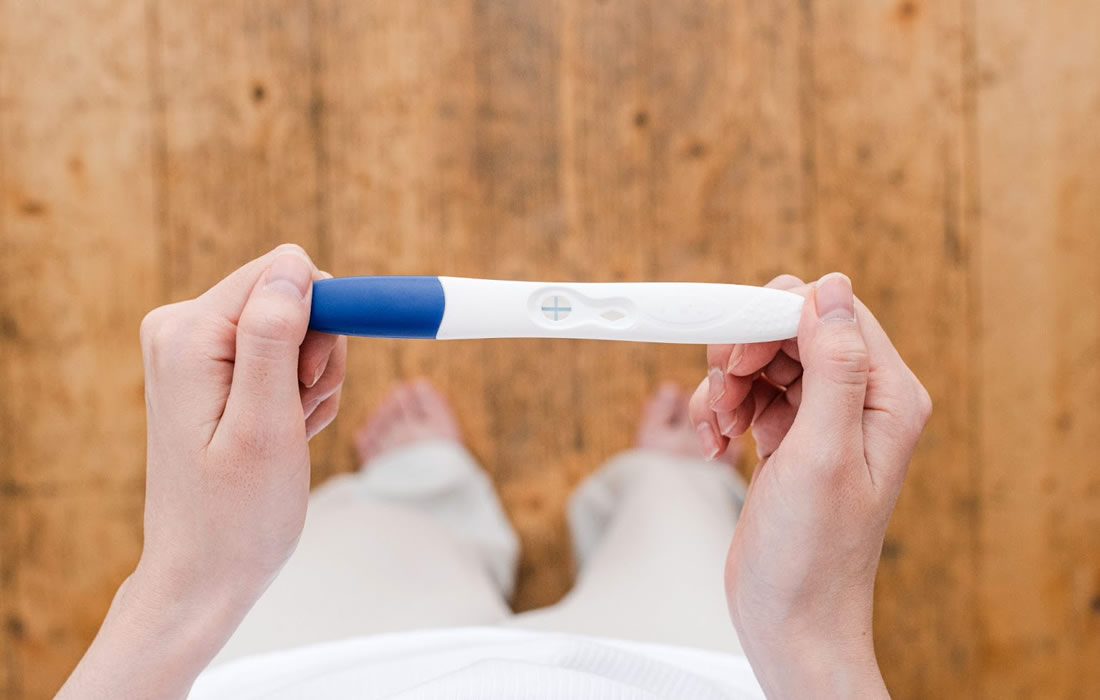Regenerative Medicine News and General Information
Brain Cell Discovery Sparks Hope for Fertility Treatments
Researchers at Nagoya University’s Graduate School of Bioagricultural Sciences and the National Institute of Physiological Sciences in Japan have demonstrated how a specific type of neuron in the brain affects the release of hormones that control ovarian function, such as follicular development and ovulation in females.
Kisspeptin neurons in the brain regulate the release of hypothalamic gonadotropin-releasing hormone (GnRH) and pituitary follicle-stimulating hormone/luteinizing hormone (LH). This process is important for reproduction, as pituitary hormones stimulate the ovaries to perform their reproductive functions.
There are two main areas of the brain involved in the process: the arcuate nucleus (ARC), in which kisspeptin neurons maintain the regular rhythmic (pulsatile) secretion of GnRH/LH that maintains normal follicular development and sex steroid production; and the anteroventral periventricular nucleus (AVPV), in which kisspeptin neurons trigger a surge of GnRH/LH that leads to ovulation.
The researchers focused on the fact that kisspeptin neurons in the ARC produce and respond to dynorphin, an inhibitory substance.
“Kisspeptin neurons in the ARC express both dynorphin and its receptor, whereas those in the AVPV express the receptor only, suggesting a particular role of such kisspeptin neurons in fertilization,” Mayuko Nagae and Yoshihisa Uenoyama.
“However, the exact role of dynorphin and its receptor in the regulation of kisspeptin neurons was not clearly understood.”
To investigate this, the researchers genetically modified female rats to delete Kiss1, a gene that codes for kisspeptin, only in neurons that expressed the dynorphin receptor.
They found that the genetically modified rats with deleted Kiss1 in dynorphin receptor-expressing cells had only 3% of kisspeptin neurons in the ARC and 50% in the AVPV.
The rats were still fertile, but they had a longer estrous cycle, lower ovarian weight, and fewer pups than normal rats.
The results indicate that kisspeptin neurons with dynorphin receptors are important for normal female rat reproduction, as they allow proper hormone secretion and ovulation.
Professor Tsukamura is excited about the prospect of more studies to understand the molecular mechanism that controls kisspeptin neuronal activity. She says, “Our findings can help our understanding of the central mechanism underlying reproduction and have applications in the treatment of ovarian disorders in livestock and infertility in humans.”
Sources:
Mayuko Nagae, Koki Yamada, Yuki Enomoto, Mari Kometani, Hitomi Tsuchida, Arvinda Panthee, Miku Nonogaki, Nao Matsunaga, Marina Takizawa, Sena Matsuzaki, Masumi Hirabayashi, Naoko Inoue, Hiroko Tsukamura, Yoshihisa Uenoyama. Conditional Oprk1-dependent Kiss1 deletion in kisspeptin neurons caused estrogen-dependent LH pulse disruption and LH surge attenuation in female rats. Scientific Reports, 2023; 13 (1) DOI: 10.1038/s41598-023-47222-5
Materials provided by Nagoya University. Note: Content may be edited for style and length.
Nagoya University. “Brain cell discovery sparks hope for fertility treatments.” ScienceDaily. ScienceDaily, 22 December 2023. <www.sciencedaily.com/releases/2023/12/231222145436.htm>.
Images from:
Photo by SHVETS production
https://www.pexels.com/photo/ligero-mujer-sin-rostro-dentro-6991905/

